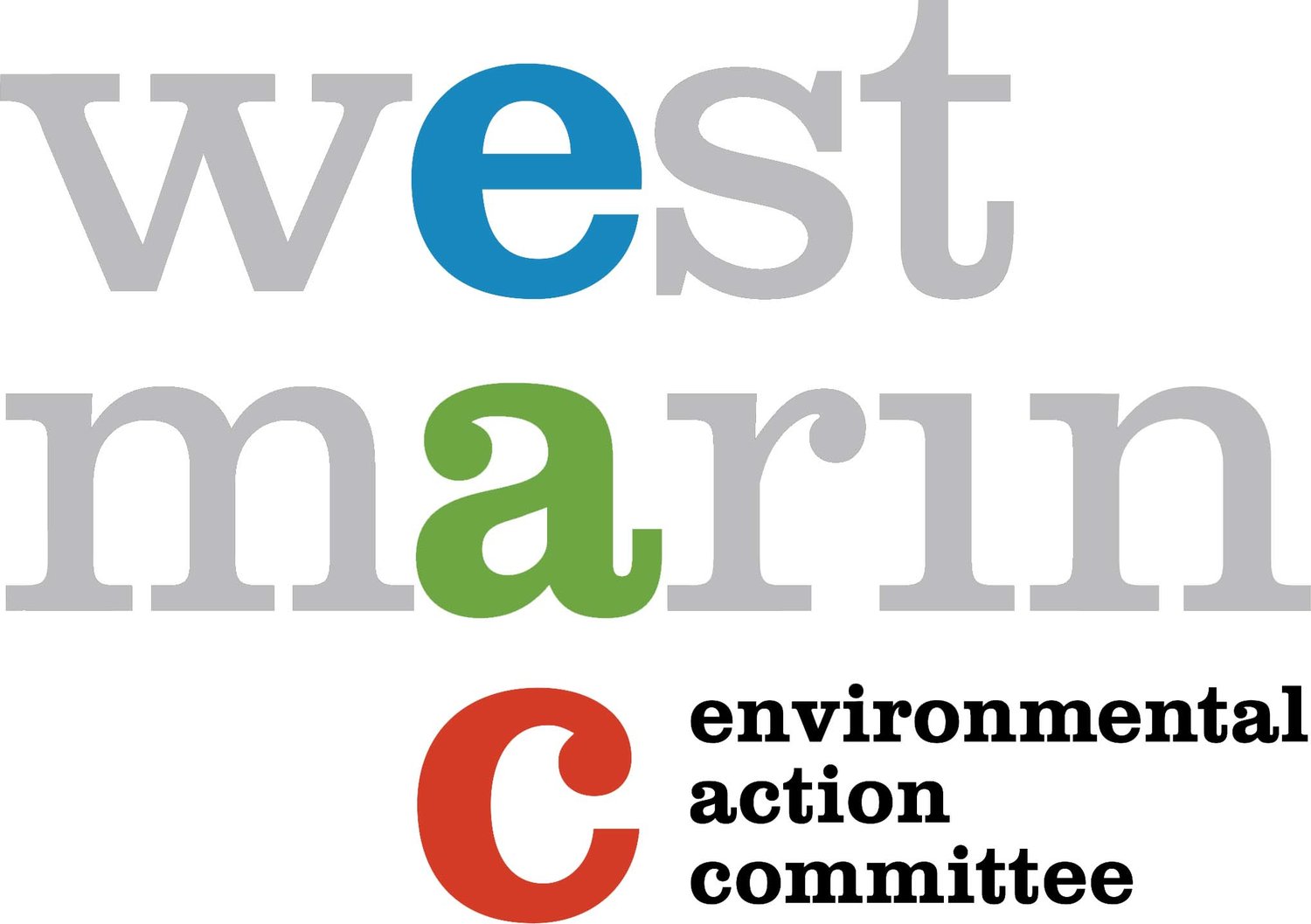The County of Marin held a public workshop with the Community Development Agency (CDA), Planning Commission, and Board of Supervisors on August 9th to review the Draft Housing Element proposal that was submitted to the California Department of Housing and Community Development for review.
The CDA presented a problematic plan that would make overly broad and sweeping amendments to the Countywide Plan to accommodate potential housing locations to meet the State's Regional Housing Needs Allocation by changing the Countywide Plan environmental corridor boundaries and density zoning rules.
This approach fails to consider the decades of public engagement and the County’s track record of robust community planning. Housing is a balance of people and place that requires careful planning and community participation to ensure appropriate development that is not harmful to our environment, does not displace residents, and retains the unincorporated village's rural values. For decades, residents in unincorporated Marin County have worked to develop community plans that balance all of these needs.
The public, the Planning Commission, and Board of Supervisors, picked up on the dangers of making these sweeping changes that would have unintended consequences that could fail to meet the CDA’s intentions of providing options for building more affordable housing in Marin.
Planning Commissioner Theran noted, he felt like he was part of the popular television series, Stranger Things, and in the “upside down.” All the years of careful community planning and public engagement were being proposed to be put aside and the unintended consequences of the proposed plan were not fully considered.
Planning Commissioner Dickenson further noted, if the County was not careful, the long-considered plans for affordable housing locations in areas of Marin could be upended by developments that unintentionally favored construction of units that were market-rate or above market-rate with limited affordable housing options. Local communities have developed long-term visions where it would be appropriate to ease zoning restrictions to allow for future affordable housing, but this must be done carefully.
Ashley Eagle-Gibbs, EAC’s Legal and Policy Director spoke at the meeting providing organizational comments,
“Decisions on future development must flow first from the Countywide Plan’s policies and guidance, as has been upheld and strengthened by more than 40 years of case law….We continue to request that the Planning Commission and Board of Supervisors uphold the current Countywide Plan and not approve any updates that are not specifically required by the State….The sweeping changes to the Countywide Plan are overly broad. I am not really sure how density can be increased in areas with limited water, transportation, wastewater treatment, and other critical infrastructure….”
In addition, EAC asked the Board and Commission to “not make precedent-setting changes to expand the City-Center Corridor,” and to “remove all A-60 agricultural zoning from site selection and rezoning plans.” We noted that, “we need to respect the work of our predecessors.”
Ultimately, the CDA was directed by the Board and Commission to scale back the plans and be more targeted or “surgical” in their review. Suggestions included narrowing any Countywide Plan amendments to the specific parcel level and to look at prioritizing updates of individual community plans and updating the Countywide Plan in the future.
The next opportunity for public engagement on this item will be at the September 27th workshop where proposed Development Code amendments will be presented that would codify the requirements of Senate Bill 9 and Senate Bill 35, create a new Form Based (FB) residential zoning district, create new ministerial permits for certain types of housing development, and incorporate by reference the Marin County Form Based Code to establish objective design criteria for multifamily housing projects.
LEARN MORE:



